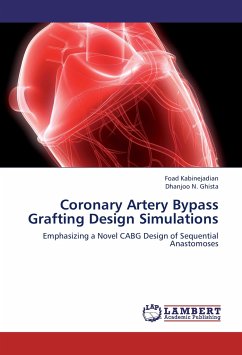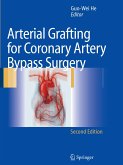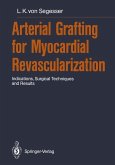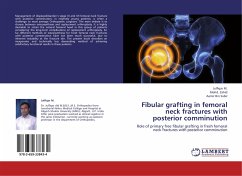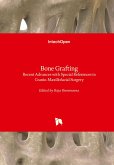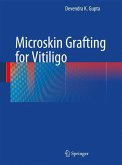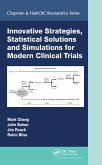Coronary Artery Bypass Grafting (CABG) is performed to relieve angina and reduce the risk of death from coronary artery disease by improving coronary perfusion and myocardium supply. However, CABG has a limited long-term patency, mainly due to anastomotic intimal hyperplasia. It is well proven that hemodynamic factors are implicated in the initiation and progression of intimal hyperplasia. In order to further improve the hemodynamics at the downstream anastomosis and alleviate the drawbacks of the available CABG anastomosis designs so as to attain higher patency rates in bypass grafts, a novel coupled side-to-side and end-to-side sequential anastomoses configuration design is developed in this work. Extensive computational simulations and in vitro measurements (utilizing Particle Image Velocimetry) have verified beneficial hemodynamic and advantageous flow characteristics of this novel CABG configuration. This book can serve as a valuable resource guide for coronary bypass surgical procedures and a biomedical engineering course on myocardial revascularization, to cardiac surgeons and biomedical engineers.
Bitte wählen Sie Ihr Anliegen aus.
Rechnungen
Retourenschein anfordern
Bestellstatus
Storno

